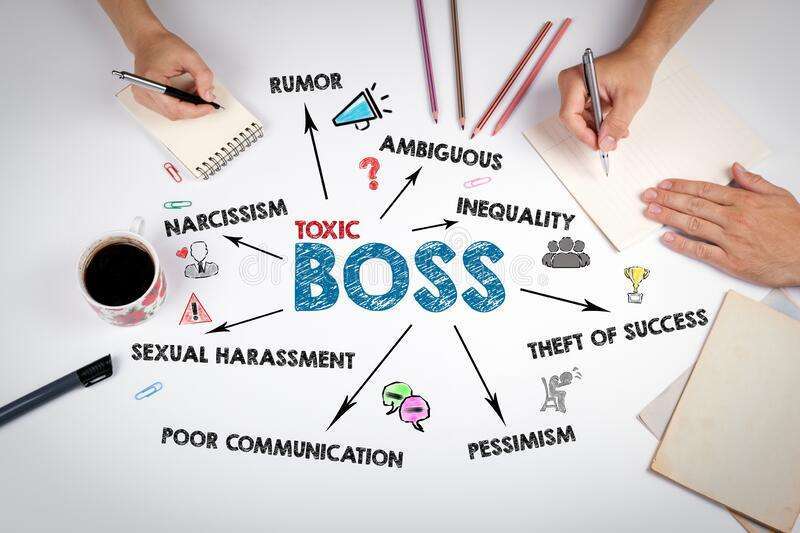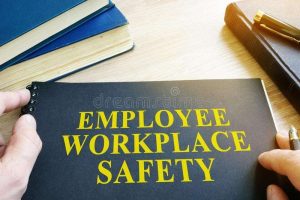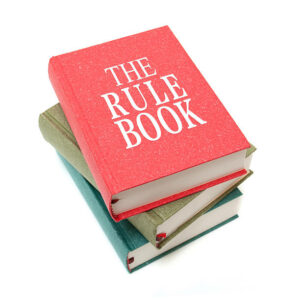
Workplace whistleblowing
Whistleblowing in the workplace has become one of the most powerful ways of gauging the public’s attention. Shedding light on corporations’ wrongdoing, especially with the high-profile revelation of Facebook’s unethical behaviors by its ex-employee. For people who have been dismissed, especially when they feel like they face injustice from the company, whistleblowing can be seen as an effective outlet to air the company’s “dirty laundry”. By exposing toxic behaviors to the public and to right what has been wronged.
Dismissal and whistleblowing
For a lot of the employees who have been dismissed, they consider themselves as victims of toxic company culture such as bullying, unjustified warnings, unnecessary threats of dismissal sexual harassment and racism. Recently, allegations against Virgin Airline’s workplace culture have come to the spotlight. As the ex-chief pilot publicly accused Virgin’s CEO of bullying behaviour after being dismissed. In another case, an African American employee went against Tesla in exposing the company’s culture of racism.
Many and many ex-employees have attempted to come out to reveal toxic or discriminatory company culture via the media. Social media platforms have also become ways for ex-employees to tell their stories in unfolding the unfair treatment they are subjected to by the employers. This is a dangerous game, that creates uncertain scenarios. Employers are increasingly dismissing employees for this behaviour, and countering with defamation claims.
Most companies have social media polices, which is a way of indirectly shutting the employee down from using the social media as a forum to whistle blow.
Whistle Blow legislation
The Corporations Act 2001 (Cth) (Corporations Act) and the Taxation Administration Act 1953 (Cth) both contain protections for whistleblowers. Amending legislation that came into effect on 1 July 2019 strengthened the protections in these Acts. This factsheet focuses on the strengthened protections under the Corporations Act.
You can learn more about ASIC, Download a complaint form and lodge, your welcome to call us and get advice or assistance.

Whistle blowing limitations
However, the power brought by whistleblowing has limitations. Revealing a company’s alleged wrongdoing is only effective when it gains public attention. If you are exposing a local small business’ toxic workplace culture or misdeed, not a lot of people would be interested in the story or care about it enough to affect a change. For bigger corporations, the exposé can attract media attention and public awareness. But you can potentially backfire by facing defamation claims brought by your ex-employer. That your whistle blowing act contains untrue statements against the company and damages the company’s reputation.
Note that bigger corporations would be inclined to put pressure on any whistle blowers with court action. Considering they can afford to do so with all the money and legal resources. Large corporations also have more incentives to employ fear tactics or intimidations to scare people from carrying out any whistle blowing acts against the company, in fear of reputational damages. Threats of dismissal is common place
Intimidate staff
For example, it has been revealed that the boss of BrewDog, a multinational brewery, attempted to intimidate former staff from unmasking the brand’s toxic culture in a critical documentary. Ex-employees often feel that they are at a disadvantaged and powerless position in going against big corporations. Another example of this is TV stations, owned by large corporations. They at times come out with outrageous programs, news stories. On occasions setup’s, absolute breaches of privacy. Of course the public love it, ratings are up. Who’s got the money to take them on?.
Look at the show “cop’s”, RBT, “highway patrol”, the only cars the police pull over are poor whites and poor blacks in low economic suburbs. Of course they don’t have the money to fight back. What rich people in BMW’s don’t speed?, give me a break.

Its in the workplace
We see this in the workplace its a form of “unconscious bias”. As it was referred to in the Victorian Supreme court, by Justice Richards in a recent case on rights in the workplace to the same pay for females. 80 percent of our enquires (10,000 a mth, we know what we are talking about). Are from working class western or outer suburbs around, Brisbane, Sydney and Melbourne. This cannot be a coincidence. If the employer is going to bully, dismiss, underpay, sexually harass. They don’t pick the richest employee in the office that for sure.
A lot of firms, including us, do no win, no fee work. However employees still need to survive while their unfair dismissal or general protections claim is processed, settled. We see this with sexual harassment claims where employees take early settlements, below what there claim is worth, they need to survive. Whistleblowing the same, do I face potential dismissal because I want to stand up for everybody? Or do I continue to pay the bills. That’s why a lot of whistleblowing claims are lodged after employees are dismissed. Nothing to lose now.
No incentive to investigate
On the other hand, what much can be done by uncovering these misconducts or toxic cultures anyway? Large corporations are no strangers to any toxic workplace allegations, including Rio Tinto and Sony Music, just to name a few. However, there has been a lack of action being done to mitigate these concerns of toxic workplace. We are yet to see any proper inquiry into toxic workplace culture led by any relevant official bodies.
Big companies are not incentivized to investigate and address any issues related to their toxic work environments as they do not consider these actions to be cost-effective. Alternatively, the toxic traits may be embedded in the company’s culture enabled by higher managerial level. A simple act of whistle blowing by ex-employees may not be powerful enough to affect corporate systemic changes and bring justice, more needs to be done.

Speaking up
The word whistleblowing or the fact you may be known as a whistleblower sounds and is strong language. Many companies including the Commonweath Bank have introduced “speaking up” programs. The idea is to express your concerns without fear of retribution. When you feel that you need to speak up, you instinctively feel that a boundary or value that you hold has been violated in some way. You have a grievance that needs to be expressed and sorted out. However, the desire to reinforce the boundary comes into conflict with another value: the desire to be accepted. You don’t want to upset your co workers, or to be the odd one out. This can be especially strong in close relationships or at work, where the stakes are high, that you think possibly many years of service may be at risk
Why the fear of speaking up? The constant fear of job or career loss plays a role here as well. Look at public speaking. Not many people will do this, yet alone feel comfortable with speaking. So to come forward almost regardless of the circumstances is hard for people. That’s why in many artcles in this blog I have mentioned ‘don’t suffer in silence’. Good companies want to know what’s going on, how to learn and improve from what you have to say. feel empowered, You do have rights. Its how you excise them is the key.
Employees are choosing where to work
Interestingly employees when looking for work, changing employers, are looking past just the salary when deciding where to work

Conclusion to Workplace whistleblowing
I hope this article was of some assistance to you. You certainly will have that feeling like your on your own. Your always welcome to give us a call and discuss where your at. We are A Whole New Approach, leaders in workplace commentary and representation. Facing dismissal for raising your concerns, feel your being forced to resign. Facing a workplace investigation call us immediately. Advice is free, prompt and confidential. We work Australia wide. Been a victim of workplace harassment or stuck in a toxic workplace culture and want to discuss it give us a call.
Call 1800 333 666
Articles similar, to workplace whistleblowing
Does the employee private life matter
Want to know what your unfair dismissal claim is worth?






